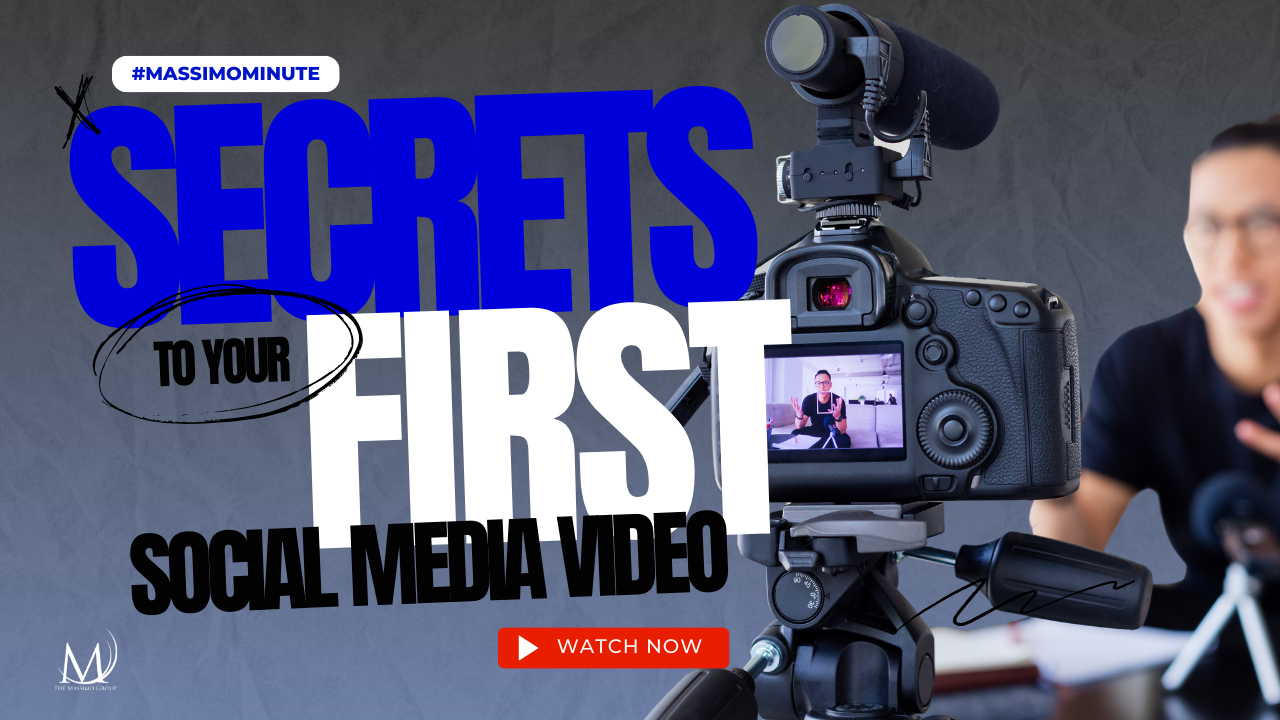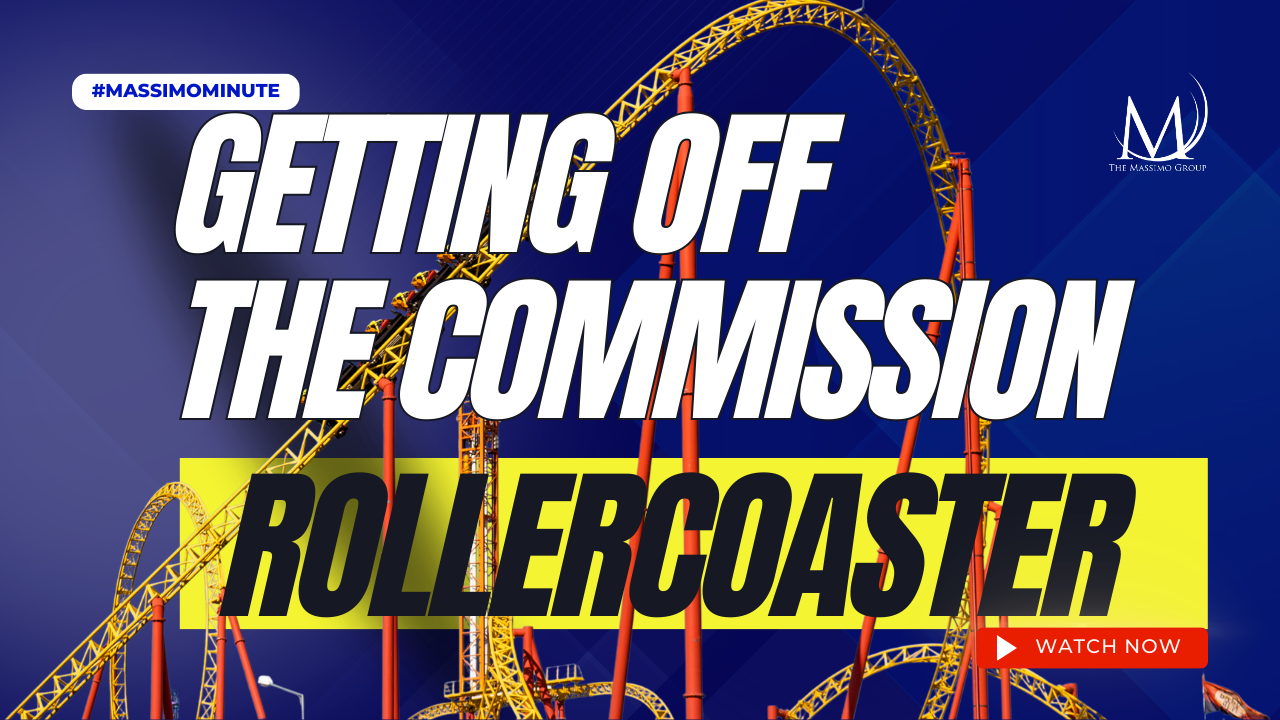I recently read Daniel Pink’s book, To Sell is Human, in which he contends that 80% of us are in sales, because so many jobs require the holder to persuade someone to make a change or adopt a new position. In his mind, nurses, teachers, therapists – and commercial real estate brokers – can all benefit from seeing their profession as one of persuasion.
Pink’s essay on ‘bouyancy’ as embodied by his central character (one of the last remaining Fuller Brush salesmen) reminded me of how important it is to keep an optimistic mindset if you intend to succeed in a true sales position.
[Tweet “Keeping an optimistic mindset is very important if you intend to succeed in a sales position.”]
His exploration on deep listening, though, was even more impactful. I’ve been trained to be an active listener – I make extensive eye contact; I take notes; I ask clarifying questions; and I offer affirmative signs to my counterpart. This listening style has been valuable to me through the years and I am a believer that effective listening might be the most critical skill a salesperson can develop.
[Tweet “”Effective listening might be the most critical skill a salesperson can develop” ~ Blaine Strickland”]
Pink challenges those of us that want to be more persuasive to become even better listeners. I’ve taken to calling his call for more empathic listening “Listen Like Improv.” I’ve explained below how I am trying to implement these methods in my daily conversations.
Characteristics of ‘Improv’ Quality Listening
When improv actors take the stage, they appear to be completely loose and unrehearsed, ready to tackle an impromptu scenario tossed to them by the audience. In reality, though, the best improv actors are highly trained. One of their most effective exercises is to practice delaying their response. In this exercise, they look deeply into the eyes of their partner after a remark is made but do not immediately respond. These 15 seconds are horribly awkward at first, but eventually, your mind searches for additional facial clues and even begins to process potential responses. Imagine a salesperson who doesn’t just blurt out a reflexive response! I’ve tried to embed just 2 seconds between the stimulus (my prospect’s comment) and the response (my comment), and I have been amazed how many options my brain can process in that time.
[Tweet “Do you listen like an improv?”]
Improv actors also listen physically – with their whole bodies. You may have been instructed to nod in response, or even engage in light mimicking (lean forward when the other person leans forward) as a way of encouraging the speaker. In improv, the actors turn their whole body toward each other and aggressively show emotion. I recently facilitated a CCIM course in which the students participate in several role plays. I saw active listening, but it was frequently accompanied by frowns, squints, temple rubbing and lip biting. I knew the listeners were listening very intently, but the speakers certainly had to fight through these less than encouraging signals. I know I do the same, so I am trying to be more conscious of smiling and even being more animated (what feels like dramatic overacting to me is often interpreted as merely mild approval by my counterpart). How about you – how could you be more physically responsive as a listener?
[Tweet “Do you listen physically? How could you be more phisically responsive as a listener?”]
Finally, improv actors work through an exercise called, “yes, and…”
Many listeners are quick to judge or shape a speaker’s comments, responding with what improv calls “yes, but…”. In the improv world, the goal is to build on the “offer” – the bait that one improv actor extends to the other. “I love baseball!” says one actor. We might respond, “I do, too, BUT some of the games last too long.” I’ve been trying to implement this method by responding to a comment like, “We would only buy that property if the return exceeds our portfolio average,” with feedback like: “Of course, AND we could broaden the diversity of the portfolio, too.” There is a time for judgment and critical thinking, but in the early stages of a conversation, I am trying to be collaborative in hopes of becoming more persuasive.






One Response
Rod, excellent blog. We all need to work on being better listeners. It is truly a great skill. I am amazed at the # of brokers who think that taking notes when talking to someone might be considered rude. Taking notes demonstrates that you not only care what they are saying, but that you care enough to remember what they are saying. If a broker is uncomfortable with starting to take notes, then they should just ask permission. Everyone will say “yes” and they will be flattered that you are taking notes. More importantly, when you follow up based upon your notes, it will help win the assignment.